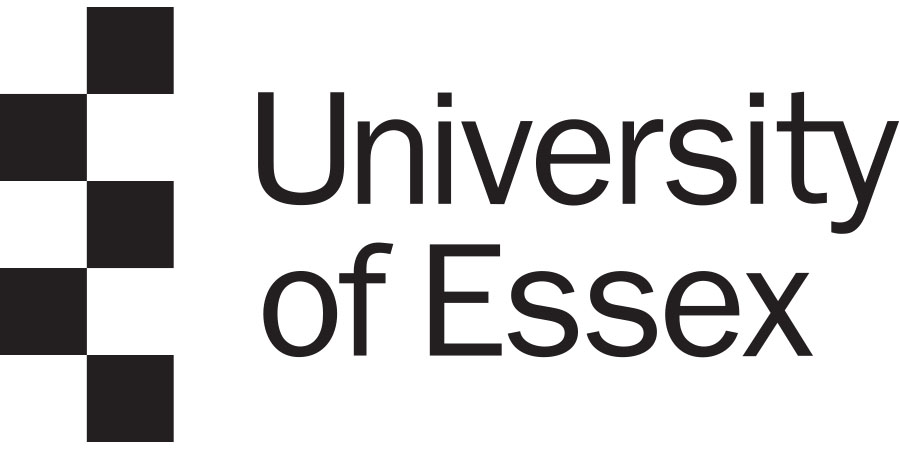PhD Studentship: Unilateralism v Multilateralism: Harnessing International Economic Policy for Sustainable Transitions
University of Essex - Law / Business
| Qualification Type: | PhD |
|---|---|
| Location: | Colchester |
| Funding for: | UK Students, Self-funded Students |
| Funding amount: | Living costs stipend at the UK Research and Innovation recommended level per year. The stipend for 2024-25 is £19,237. The rate for 2025-26 TBA. |
| Hours: | Full Time |
| Placed On: | 21st November 2024 |
|---|---|
| Closes: | 7th February 2025 |
| Reference: | 11363 Law_Business October 2025 |
Project Overview
This is an opportunity to conduct fully funded interdisciplinary research under the ‘Sustainable Transitions – Leverhulme Doctoral Training Programme’ at the University of Essex.
This project focuses on the costs and benefits of unilateralism in pursuing sustainable transitions. In recent years, the EU has ramped up its use of unilateral economic instruments as a way of exerting leverage on third states in the areas of sustainability and climate policy. From the new Deforestation Regulation, to the Carbon Border Adjustment Mechanism, to the Corporate Sustainability Due Diligence Directive, the EU is using the power of its economic market to influence the behaviour of actors around the world. However, it is also experiencing push-back against its unilateral initiatives from multiple stakeholders including governments, businesses, and international organisations, and questions remain regarding whether these rules are effective in changing stakeholder behaviour.
The project will investigate the use of such unilateral international economic policies to pursue environmental goals, asking questions about the legality and legitimacy of these policies, as well as their effectiveness in achieving sustainable transitions, taking into account different actors and stakeholders and the role they play.
Interdisciplinary Focus and Methods
Methodologically, the project will combine traditional legal doctrinal analysis with multi-stakeholder analysis. Depending on the applicant’s interests, it may also make use of particular theoretical tools, such as post-colonial or post-Marxist approaches, political economic analysis, or narrative analysis to assist in evaluating the legitimacy and/or effectiveness of unilateral economic regulation for sustainable transitions.
Training and Support
You will be supported through the Sustainable Transitions training programme which provides initial training in interdisciplinary research methods, training in the secondary discipline within the project area and ongoing training throughout the duration of the programme. All doctoral scholars benefit from the support of Proficio which entitles you to £2,500 that can be used to purchase training courses either within or external to the University. Additionally Sustainable Transitions scholars are entitled to £10,000 that can be used to cover research costs and further training. Scholars are encouraged to audit masters and degree level course where appropriate. You will also have the support of the Sustainable Transitions management team, as well as your own supervisory team. All Sustainable Transitions scholars will become part of the University of Essex ‘Centre for Environment and Society’ through which ongoing events and networking opportunities are available.
Person Specification
This opportunity would suit a candidate with a degree/ background in law or international relations.
It is not necessary for the candidate to have necessarily have prior training in stakeholder analysis this will be provided on the programme.
Research Proposal
The project area is broadly defined, leaving scope for the applicant to develop their own specific research proposal as part of the application. The successful candidate will further develop their proposal in close consultation with the supervisory team. Further details and guidance are available via the above ‘Apply’ button.
Advert information
Type / Role:
Subject Area(s):
Location(s):









